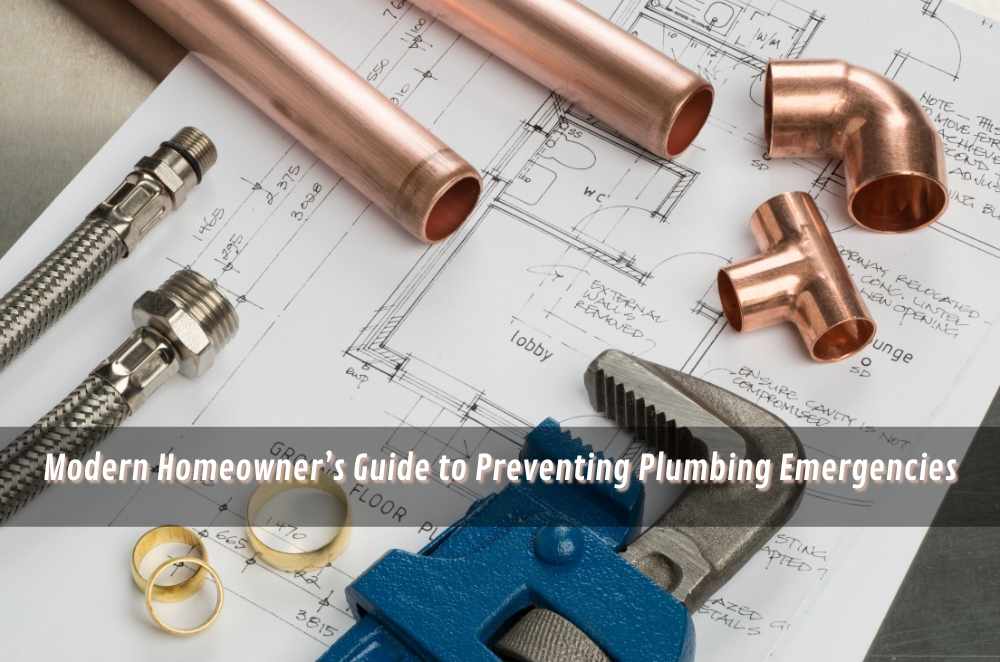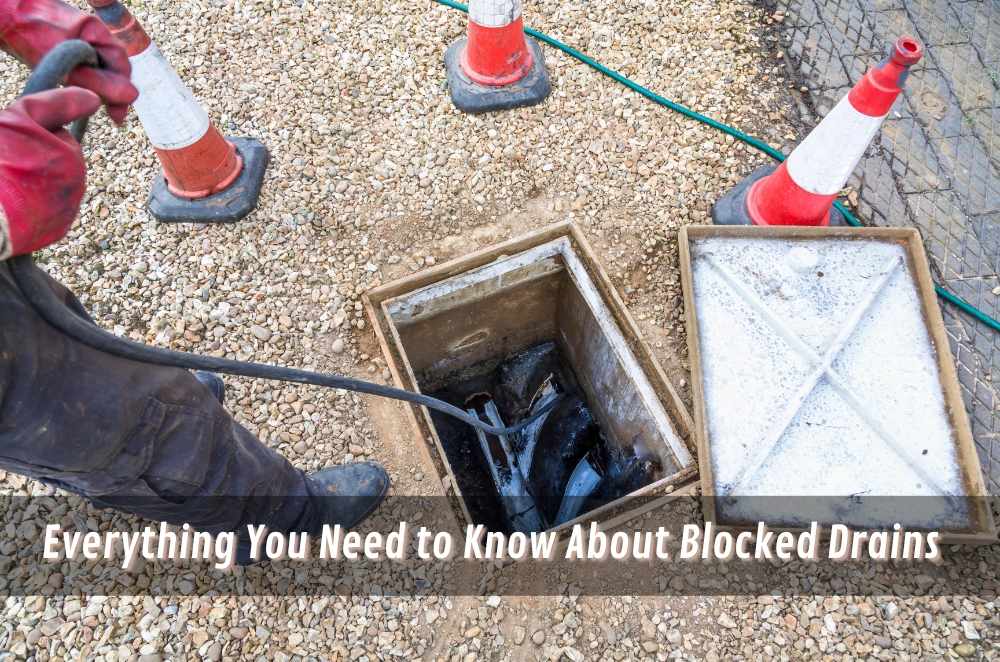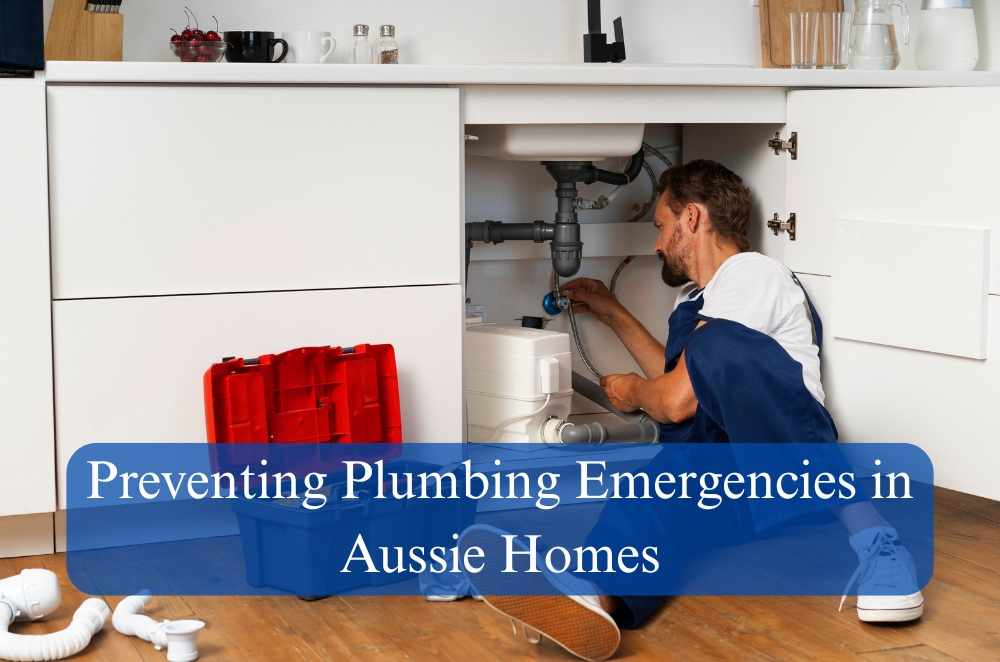
Gas trouble in the home? You're not the only one. It's either an odd odour or a suspicious hiss sound, and gas plumbing issues can rapidly become irritating and deadly. However, before you call and look up gas plumbing, there are a couple of things to check, prepare, or eliminate first.
If you're unsure about the situation or prefer to be ready before calling, you should call a licensed gas plumber. They can assist in determining if the problem is small or needs professional attention immediately. It's always best to contact someone with the proper knowledge to work on gas plumbing safely.
Let's take it apart safely, calmly, and step by step.
Look for indications of an emergency gas problem
Before calling in a pro, you’ll want to ensure the situation is safe to investigate. Gas leaks are no joke; if something smells off, you need to act fast.
From what I’ve seen as someone who’s worked with residential clients across metro areas, these red flags often signal a critical issue:
• The distinct rotten egg smell (added sulphur for detection)
• Hissing or whistling near gas appliances or pipes
• Unusually high gas bills with no change in usage
• Physical symptoms such as dizziness or nausea within buildings
If any of these ring a bell, don't play around. Get out of the building immediately and dial emergency services or your gas company from a safe place.
This is what you can do safely until help arrives:
• Switch off the gas at the main stopcock (if possible)
• Ventilate by opening windows
• Do not use electric switches or equipment
• Don't use matches or open flames
Still here? If it's not urgent but something's wrong, read on.
Check your appliances and connections
Not all gas problems are full-blown leaks. Occasionally, they're caused by a faulty heater, a temperamental pilot light, or worn fittings.
I had a customer in the Inner West who was convinced they leaked. It was a cracked hose on their antiquated gas BBQ. It was an easy fix, and I saved them hundreds by checking them first.
Here's what to check before you call a plumber:
• Are pilot lights remaining alight?
• Is the gas heater producing an odd odour or soot?
• Are hoses or connections cracked or loose?
• Do appliances cut off by themselves?
If you feel safe and don't mind getting your hands soapy, you can check for leaks with soap and water. Bubbles = leak. No bubbles = likely okay.
Still, if unsure, call a registered gas fitter.

Get familiar with your gas safety standards
Let's get real, messing around with gas systems without the proper qualifications is dangerous and against the law in Australia. The rules vary from state to state, but they all refer to one thing: let the experts do it.
For those living in NSW, the gas safety regulations from Fair Trading expressly state that licensed professionals are the only ones allowed to install, service, or modify gas lines.
Even if it's a tiny job, such as removing an old gas cooktop, you must hire someone qualified. It's all about keeping yourself and your property safe.
Takeaways:
• DIY gas work is illegal
• Always request license information before booking
• Being compliant keeps your insurance cover in place
• Gas certificates need to be issued once the job has been completed
Be prepared before you call a plumber
Being prepared can save time (and callout charges) when you finally call a plumber. From my observation, customers who write down the correct information receive prompt service and more reliable quotes.
Here's what to prepare before calling:
• Write down symptoms (odours, sounds, malfunctions).
• Verify which appliances are involved.
• Take pictures or videos if you can.
• Find your main shut-off valve.
Also, have your property's gas history, previous repairs, previous compliance certificates, appliance makes—to hand, as this assists the plumber in identifying problems more quickly.
Plan ahead with preventative maintenance
Gas plumbing is not just a matter of responding—it's about anticipating. Ongoing inspections, servicing, and essential maintenance can keep most headaches at bay. Preventative plumbing maintenance prevents problems from occurring in the first place, saving on expensive emergency repairs or hazardous conditions. It's like car servicing. You don't let the engine blow.
From what I’ve seen, homes that schedule annual gas appliance checks tend to:
• Avoid peak-season breakdowns.
• Keep their energy bills lower.
• Reduce carbon monoxide risks.
• Extend appliance lifespans.
The other significant advantage of preventative maintenance is ensuring compliance with local laws. By having a professional inspect your gas lines, you can ensure that your home is up-to-date with the latest safety standards. This is especially important if you live in older homes with retro appliances or gas systems that might be more susceptible to wear and tear.
If you're proactive, you won't only catch the little things like a loose connection or a dirty pilot light; you'll also spot more significant issues, like cracking gas pipes or corrosion that might cause problems in the long run.
Even a tiny unchecked issue can quickly escalate into an expensive repair. That’s why scheduling an inspection, particularly before winter (when gas use spikes), can help you dodge these disruptions.
Final thoughts
Not all gas problems have to be emergencies. Sometimes, it's just a minor problem that can be easily solved—or better still, prevented with some preparation. But when it's an emergency, you want to know who to call and what to do before you even pick up your phone.
Gas plumbing problems can be overwhelming, but by remaining calm, safe, and equipped, you can reduce the stress and take matters into your own hands. Remember always: gas safety begins with you. From maintaining your appliances correctly to understanding when it is time to get a licensed gas plumber on the job, you can avoid more significant headaches in the future by taking these simple steps.
Stay safe, rely on the experts, and don't forget: always consult with a licensed gas plumber if in doubt. It's your home, your safety, and your responsibility.










Write a comment ...